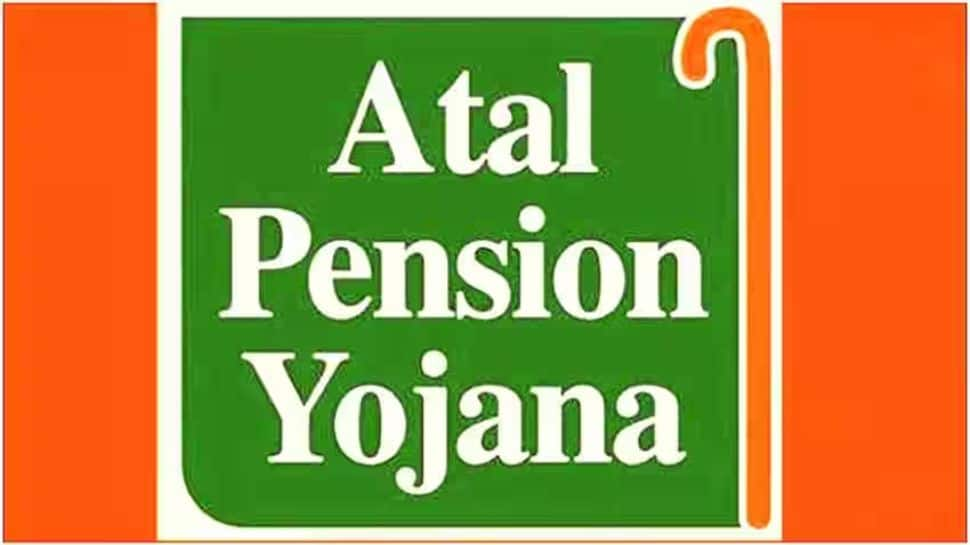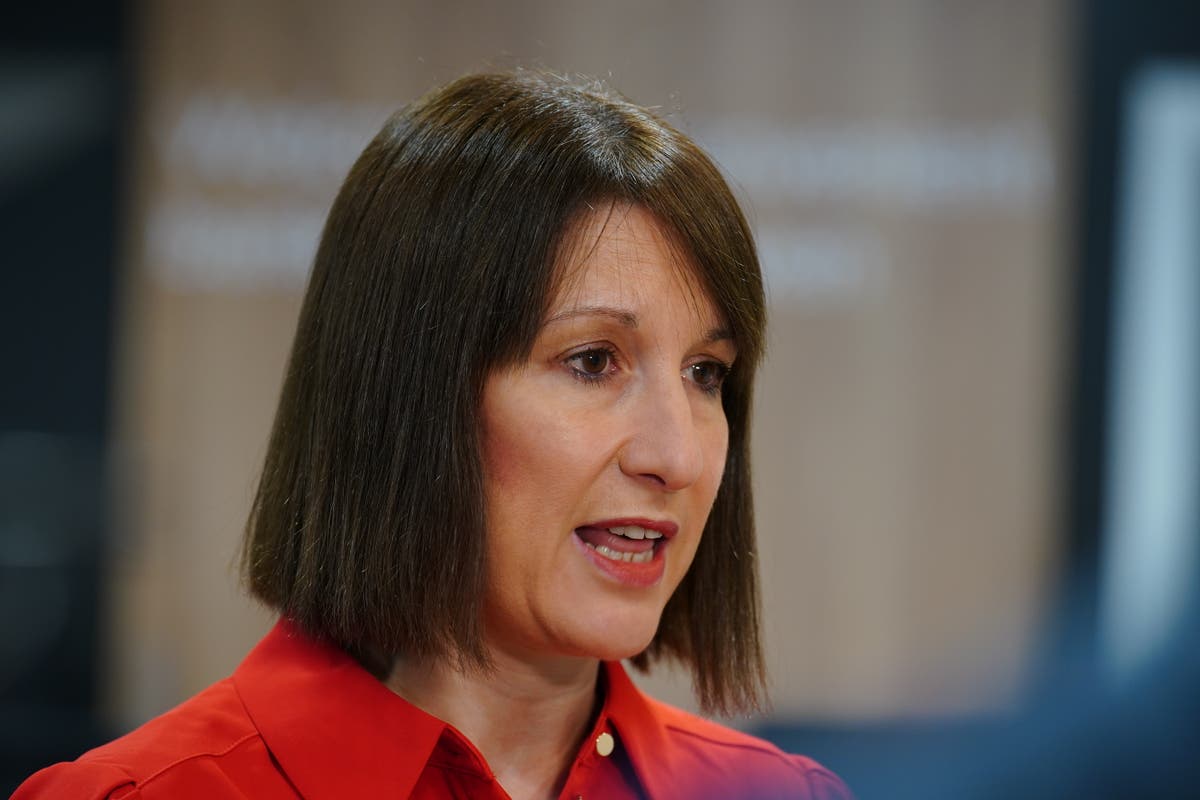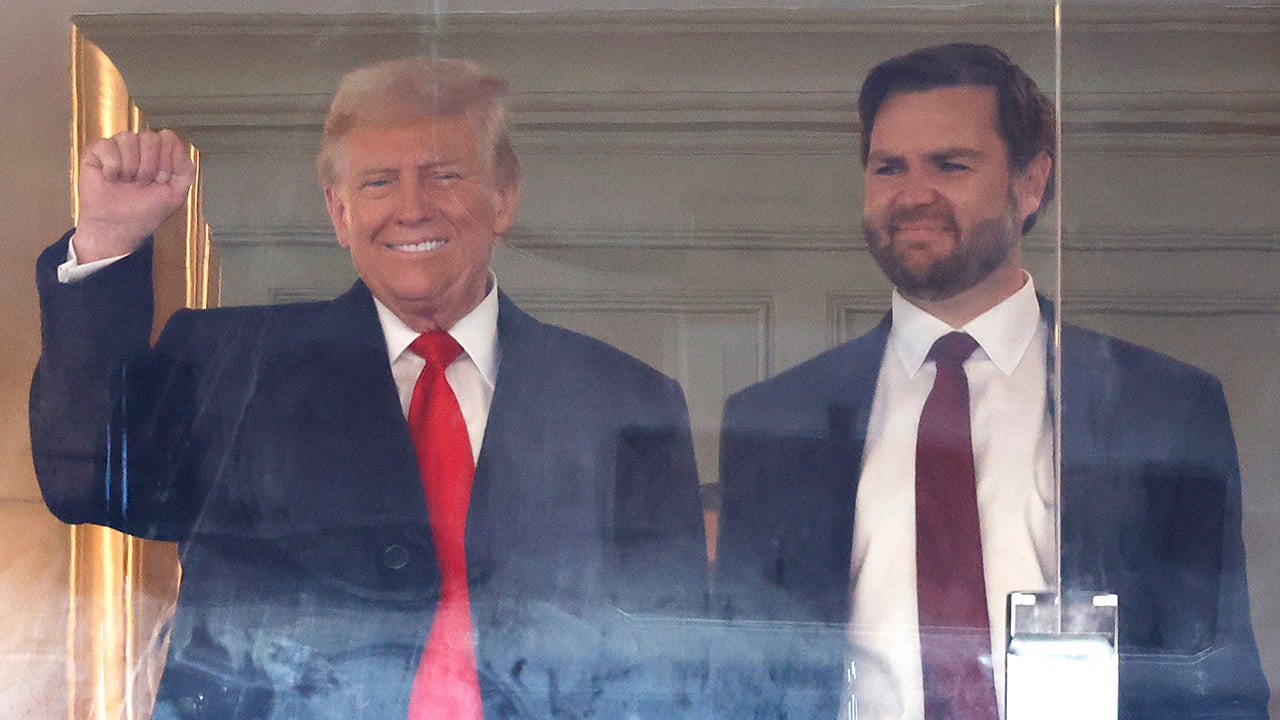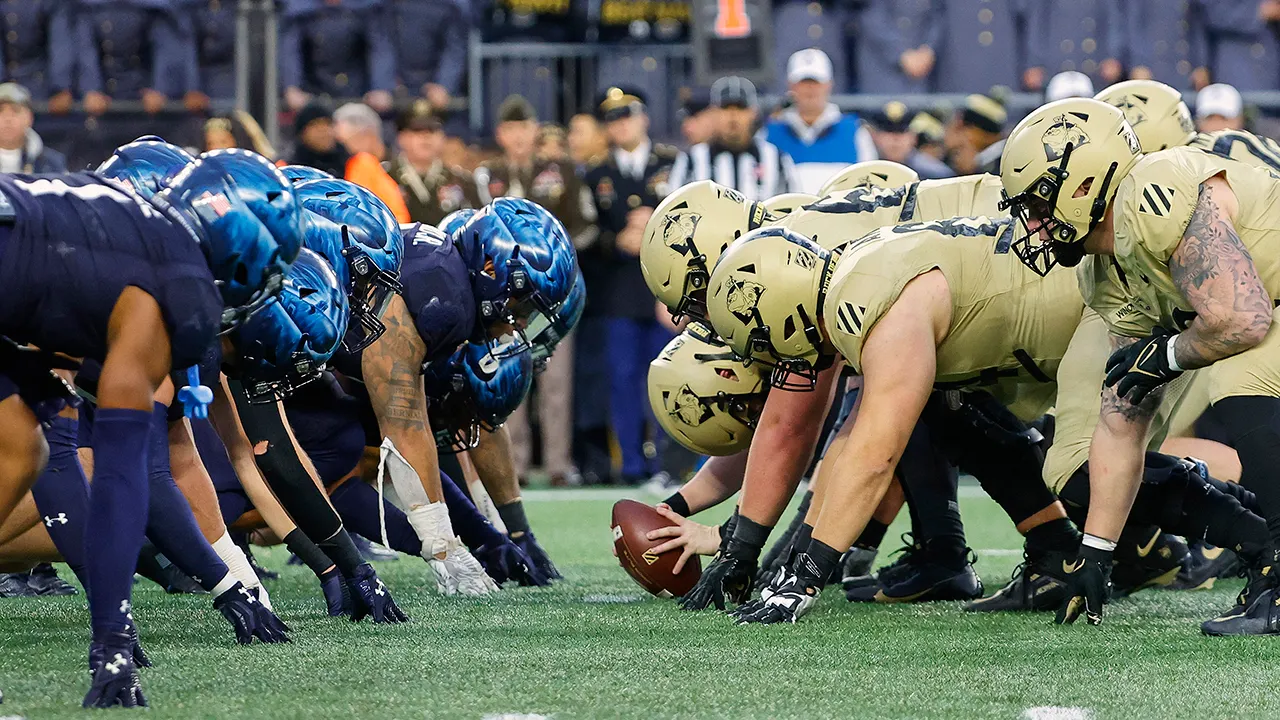UGC’s panel will develop the model syllabus of the course.
The panel has been set up in order to preserve the Indian Intellect Heritage across various states.
The University Grants Commission (UGC) has taken a significant step towards preserving India’s rich cultural heritage by forming a special committee dedicated to the development of Indian manuscripts. In a letter dated July 10, the UGC informed the National Mission for Manuscripts (NMM) about the creation of an eleven-member committee consisting of experts in Sanskrit languages and representatives from renowned institutes like IITs.
The primary objective of this committee is to design a comprehensive model syllabus for courses related to Indian manuscripts and Sanskrit languages. These courses can be offered to students specializing in these subjects or as open electives for students pursuing other disciplines. With a history steeped in diverse insights, traditions, languages, and cultural nuances, India boasts an invaluable repository of historical texts, covering a wide array of topics such as philosophy, science, literature, and religion.
Heading this esteemed panel is Prafulla Mishra, a former director of the National Mission for Manuscripts. Joining him are experts like Jatindra Mohan Mishra, a Sanskrit professor at the NCERT, Vasant Bhatt, a former director of the School of Languages at Gujarat University, and Professor Malhar Kulkarni from IIT Mumbai.
Manuscriptology is the study of history and literature through handwritten records preserved in various scripts and languages. This field encompasses a wide range of ancient documents, including those etched on metal, leaves, sculptures, and walls.
India’s cultural diversity has thrived through the centuries, reflecting the uniqueness of each state. According to the National Manuscriptology Mission (NMM), India houses approximately 10 million manuscripts spanning 80 ancient scripts, etched on metals, leaves, fabrics, and bark. Among these, 75 per cent are composed in Sanskrit, with the remaining 25 per cent in regional languages. The UGC Director emphasizes that safeguarding these manuscripts not only nurtures diversity but also deepens our understanding of the nation’s legacy. This effort will significantly contribute to the Indian Knowledge System (IKS), which aims to establish a standardized curriculum.
The UGC Chairman, in the communication addressed to NMM, highlights that higher education institutions can utilize the standardized syllabus to promote the Indian Knowledge System. Universities are also encouraged to offer postgraduate diploma courses in manuscriptology and palaeography, enhancing the academic offerings and empowering students to delve into the rich historical and cultural tapestry of India.















































